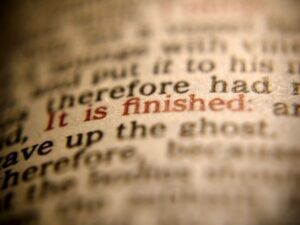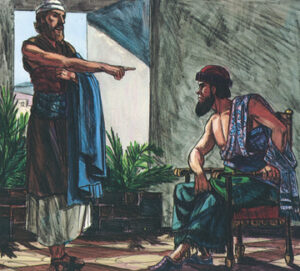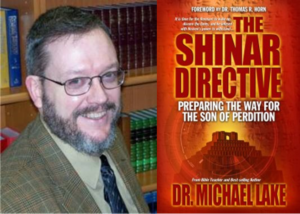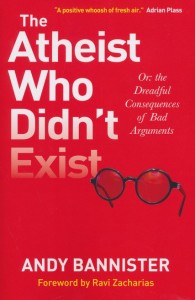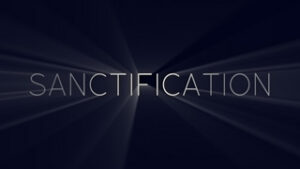This article explores the subject of Scripture and the Authority of God in the 21st Century. Part one will discuss the authority of God understood within Christian theism generally and historically. Part two will discuss the authority of God historically within American culture. Part three will consider God’s authority within 21st century postmodern America as that philosophical system increasingly dominates most scholarly activities today. Part four will be a Christian theistic response to the conditions discussed in part three.
Category Archives: Apologetics
The Spirit of Antichrist, Christian Self-Flagellation, and Getting It Wrong
The Old Testament of the Bible contains many narratives that give instruction to the modern Christian. One such example is the story of the prophet Elijah and the evil King Ahab and Queen Jezebel.
In 1 Kings 21 we find the account of the King and Queen of Israel plotting to dispossess a man of his property. Deceit, lying, and libel were all employed expertly by Jezebel to cause the murder of the man Naboth. His crime? His desire to retain his land and vineyard and not sell them to the King. Naboth rightly stated that he was forbidden to sell his land to anyone because God had given it as an inheritance (21:3). Thus in seeking to obey and honor God Naboth became an enemy of the King and Queen.
SER 16 – Dr. Mike Lake – The Shinar Directive
In the ancient plains of Shinar, an evil was born: the first world king, the prototype transhuman, the ultimate despot, the Son of Perdition – Nimrod. In Babylon, the Son of Perdition devised the Shinar Directive: the enslaving of humanity and the war against the God of Heaven. God’s intervention at the Tower of Babel only delayed Nimrod’s hellish plans.
As the powers of mystery Babylon gather to create the new Tower of Babel and to prepare for the Son of perdition’s return, Heaven is issuing a clarion call to the remnant: Know the strategies of the enemy, untangle yourselves from them, and become the victorious church.
It is time for the church of the living God to wake up and prepare for the coming battle. Episode 16 of SER is my interview with Dr. Michael Lake. Listen to it here.
Dr. Michael Lake, is the Chancellor and Founder of Biblical Life College and Seminary, the Host of Biblical Life TV and the Kingdom Intelligence Briefing Podcast. He is the author of the best-selling book, The Shinar Directive: Preparing the Way for the Son of Perdition, and a contributing author for the best-seller, Blood on the Altar: The Coming Christian vs. Christian War.
Book Review – The Atheist Who Didn’t Exist – Andy Bannister
One of the clearest distinguishing characteristics of the so-called new atheism, is its moral certitude. Richard Dawkins, the late Christopher Hitchens, Daniel Dennett ,and Samuel Harris, as well as many others have declared that atheism has finally and convincingly won the war against Christian theism.
So sure are they of this decisive victory that they have made loud proclamation of the fact and proudly published their summaries of the conflict. Dawkins’s The God Delusion, Hitchens’s God Is Not Great, Harris’s The End of Faith, and Dennett’s Breaking the Spell as well as several other books by these authors and others all trumpet their perceived triumph.
Spiritual Formation as Spiritual Deception: Beware the Peddlers of Grace (Part 2)
Evangelical Sanctification Historically Expressed
Both D. A. Carson[1] and Steven L. Porter[2] recently wrote articles that appeared in the Journal of the Evangelical Theological Society questioning the approach and methodology of spiritual formation teaching. Although separated by eight years, Carson’s article explaining the dangers of spirituality apart from a robust bibliology appears to have laid a solid groundwork for Porter’s article espousing the need for a biblical methodology that presents a clear and thoughtful evangelical theology of sanctification. In the process of their individual critiques they offer some pertinent historical context related to sanctification.
Porter begins his critique of spiritual formation teaching by asserting that its practices must fall within prescribed biblical territory and as such the effort to define acceptable spiritual formation activities belongs to Christian theologians. That Christian theologians have not been involved in establishing parameters is evidenced by the “plethora of false spiritualities plaguing church and society”[3] in our present day. This is to be expected when the purpose or goal of sanctification is not rooted in biblical revelation and directive.

